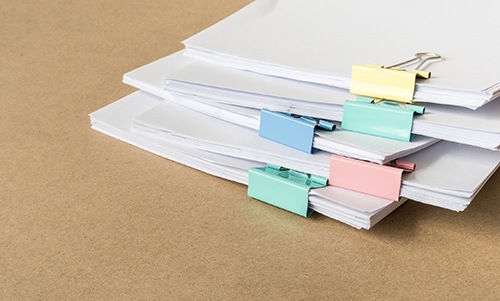High Court finds that there is no proprietary estoppel for “late” declarations of standard essential patents under English law – Optis and Unwired Planet v Apple
The question of whether “late declaration” of a Standard Essential Patent (SEP) can allow an implementer to rely on the doctrine of estoppel, as a defence to patent assertion under English law, has been resolved in the negative, in the decision of Optis and Unwired Planet v Apple[1], handed down by Mr Justice Meade on 26 June 2021.
The Court addressed the question of whether, when a patent is valid and infringed but declared “late”, there is a proprietary estoppel in the favour of an implementer, which prevents the patent holder from enforcing it, or restricts the relief that the patent holder can obtain. The patent family at issue was originally filed by Ericsson on 8 January 2008. On the same day, Ericsson made a related technical contribution to the European Telecommunication Standards Institute (“ETSI”). The relevant part of the ETSI standard (Technical Specification TS36.322) was later “frozen” on 11 December 2008, but the patent family was not declared by Ericsson to ETSI until 20 May 2010, i.e. 17 months after the relevant “freeze date”.
Apple brought two separate arguments as to why it should be entitled to proprietary estoppel as a defence to infringement of the relevant patent (which was found valid by the Court):
- Apple’s primary “no-IPR” case, which alleged that ETSI and members of the relevant ETSI “Working Group” were under an assurance that Ericsson had no intellectual property rights (“IPR”) over the contribution to ETSI, and therefore ETSI lost the chance to seek an alternative, unpatented solution.
- Apple’s secondary “loss of process” case, which alleged that, even if there was no likelihood of the assurance making any difference, in terms of a non-patented solution being sought or found, ETSI’s rules and procedures were not followed (specifically Clause 4.1 of ETSI’s IPR Policy[2]), and that the “loss of the benefit” of this process is enough to give rise to an estoppel defence.
The “No-IPR case”
The Court summarised the three basic elements of proprietary estoppel to be: (i) assurance; (ii) reliance; and (iii) detriment in consequence of the reliance. All three elements are necessary, but not always sufficient on their own (for example, in some cases, a representation or assurance would also need to have been sufficiently clear and unequivocal).
The Court determined that Apple’s estoppel defence failed on all three required elements.
Assurance
Apple argued that assurance existed, by Ericsson: (i) “acquiescing in the belief of” the members of the relevant ETSI Working Group that…



